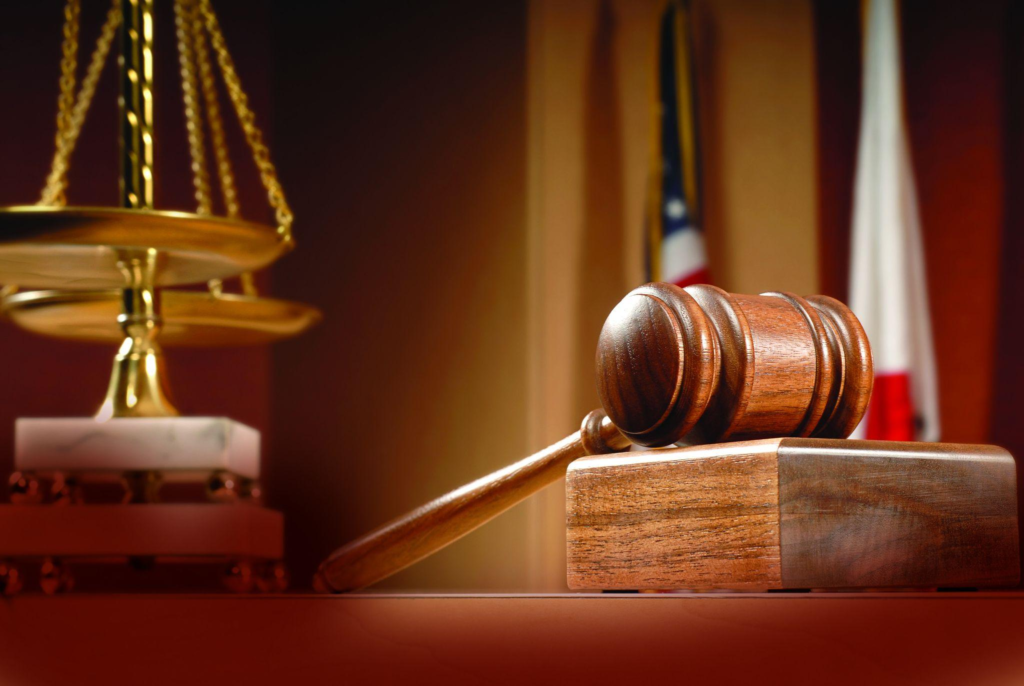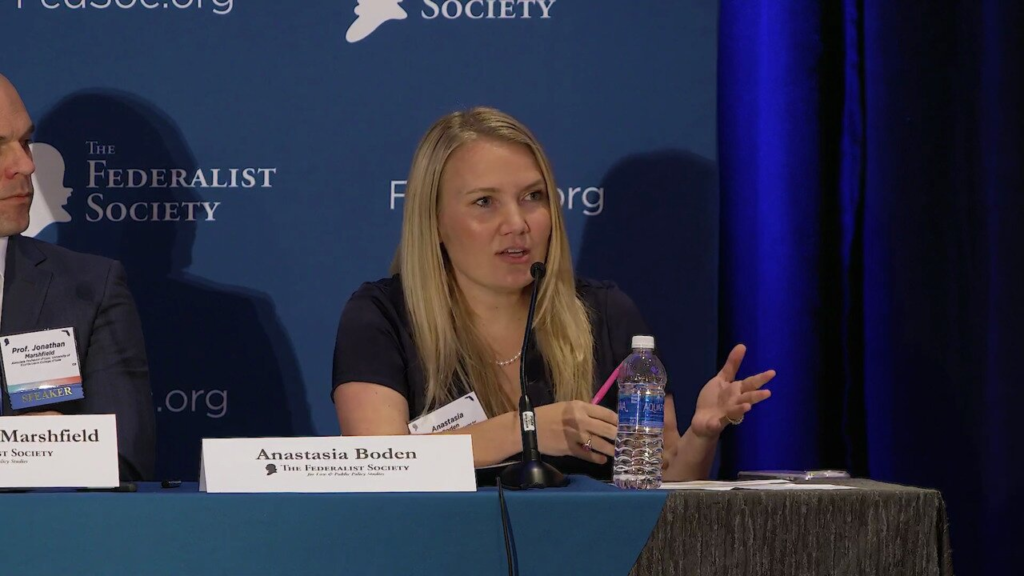The Constitution isn’t controversial. Hating it is

Our biggest problems aren’t with the Constitution. They come when government strays from the document’s meaning
On September 17, we mark 235 years since the signing of the Constitution with Constitution Day. However, not everyone will be celebrating. In the past, its predecessor, “I am an American Day,” drew large crowds with patriotic speeches and songs. Today, the holiday often goes unnoticed, while some take the opportunity to criticize the Constitution — the longest-standing government charter in the world.
Critics argue that the document “limits democracy” or obstructs efforts to embed racial politics into law. Disapproval of the Constitution has become so widespread that The New York Times recently labeled it as “dangerous,” “broken,” and beyond repair. Who would have thought principles such as equality under the law, due process, civil rights, and limited government power could be so controversial?
In reality, some of the greatest injustices in our history occurred when the government strayed from the Constitution’s original intent. Notable examples include the rulings in Plessy v. Ferguson, Korematsu v. United States, and Buck v. Bell — all shameful decisions that emerged when the Supreme Court departed from the Constitution’s true meaning.

Plessy v. Ferguson is one of the most infamous and universally condemned cases in history. The case began when Homer Plessy was arrested for refusing to leave a Whites-only railway car in Louisiana. Plessy challenged the state’s Separate Car Act, which required segregated railway cars, claiming it violated the Equal Protection Clause of the Fourteenth Amendment. His lawsuit sought to contest the legality of racial segregation, but the Supreme Court’s eventual ruling upheld the “separate but equal” doctrine, further entrenching segregation and racial inequality for decades.
In an 8-1 decision, the Supreme Court upheld Homer Plessy’s conviction, supporting the idea that “separate is equal.” Justice Henry Brown, writing for the majority, stated that “laws permitting, and even requiring… separation” did not imply racial inferiority. Only one justice dissented.
It took 58 years and relentless efforts from civil rights leaders like Justice Thurgood Marshall to overturn Plessy in Brown v. Board of Education. In that landmark case, the Court unanimously acknowledged what the Constitution had mandated all along: “separate is inherently unequal” and demanded desegregation.
Korematsu v. United States is another striking example of injustice. Following the attack on Pearl Harbor, President Franklin D. Roosevelt issued an executive order leading to the internment of over 120,000 individuals of Japanese descent, most of whom were U.S. citizens. Fred Korematsu was arrested for defying a removal order and challenged his conviction. However, the Supreme Court upheld Roosevelt’s order, citing “military necessity.”
Three justices dissented. In one of the most notable dissenting opinions, Justice Robert Jackson criticized the conviction, stating that Korematsu was guilty of “an act not commonly thought a crime,” merely for being present in the state where he was born and had lived his entire life.

In another powerful dissent, Justice Frank Murphy condemned the internment orders as “the legalization of racism.” It wasn’t until 2018 that the Supreme Court officially acknowledged its error when Chief Justice John Roberts declared, “Korematsu was gravely wrong the day it was decided.”
Another, though less infamous, case of injustice is Buck v. Bell. In this case, Carrie Buck, an 18-year-old committed to a mental institution, was forcibly sterilized. Though she had the mental age of 9, a physician claimed she was a societal threat. Buck’s lawyers argued that the sterilization law violated her right to due process and equal protection under the law, but the Supreme Court ultimately upheld the practice.
Carrie Buck lost in every court that reviewed her case, including the Supreme Court. Justice Oliver Wendell Holmes Jr., writing for the majority, infamously stated that the “feeble-minded” Buck was the daughter of a “feeble-minded” woman and the mother of a “feeble-minded” child.
Holmes dismissed her constitutional arguments, asserting that they conflicted with the “public welfare.” He notoriously declared, “Three generations of imbeciles is enough.” Unlike Plessy and Korematsu, Buck v. Bell has never been formally overturned, though later rulings have significantly weakened its legal standing.
“It took 58 years and the relentless dedication of civil rights champions like Supreme Court Justice Thurgood Marshall to overturn Plessy in the landmark case Brown v. Board of Education. In that unanimous decision, the Court finally affirmed what the Constitution had always required: “separate is inherently unequal,” and desegregation was a constitutional necessity.”
Critics are correct — the Constitution is counter-majoritarian, designed to limit democracy, even when a majority seeks to sterilize those deemed “feeble.” It also firmly opposes race-conscious government actions, including those labeled as benign or necessary for national security. Looking back, it’s clear that the nation would have been better served by a stronger commitment to individual rights and a deeper skepticism of laws based on race, ensuring that protections for personal liberty remain paramount even in challenging times.
Constitution Day offers a fitting moment to reflect on the document’s enduring strengths. Those who claim the Constitution “gave rise to President Trump” might consider how it also curtailed his authority while in office. Likewise, critics of the Constitution’s free speech protections should recognize the nation’s troubled history with attempts to suppress unpopular opinions, and how the Constitution safeguarded those freedoms.
Though the Constitution’s popularity may fluctuate, its meaning and significance remain steadfast. When the government seeks to punish individuals for their skin color, deny fair procedures, or strip away basic civil rights, the Constitution stands firm, whether or not we choose to celebrate it.


